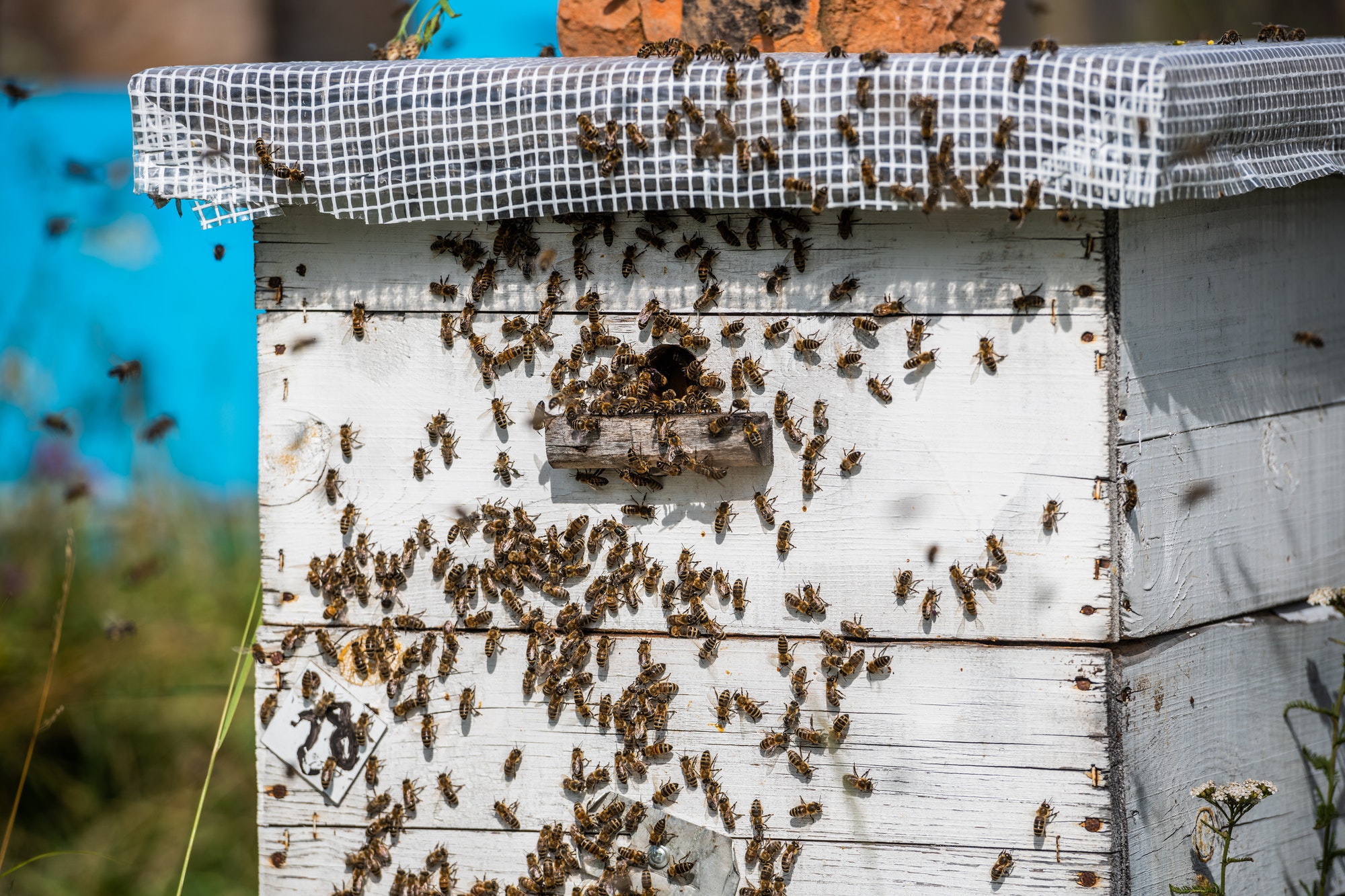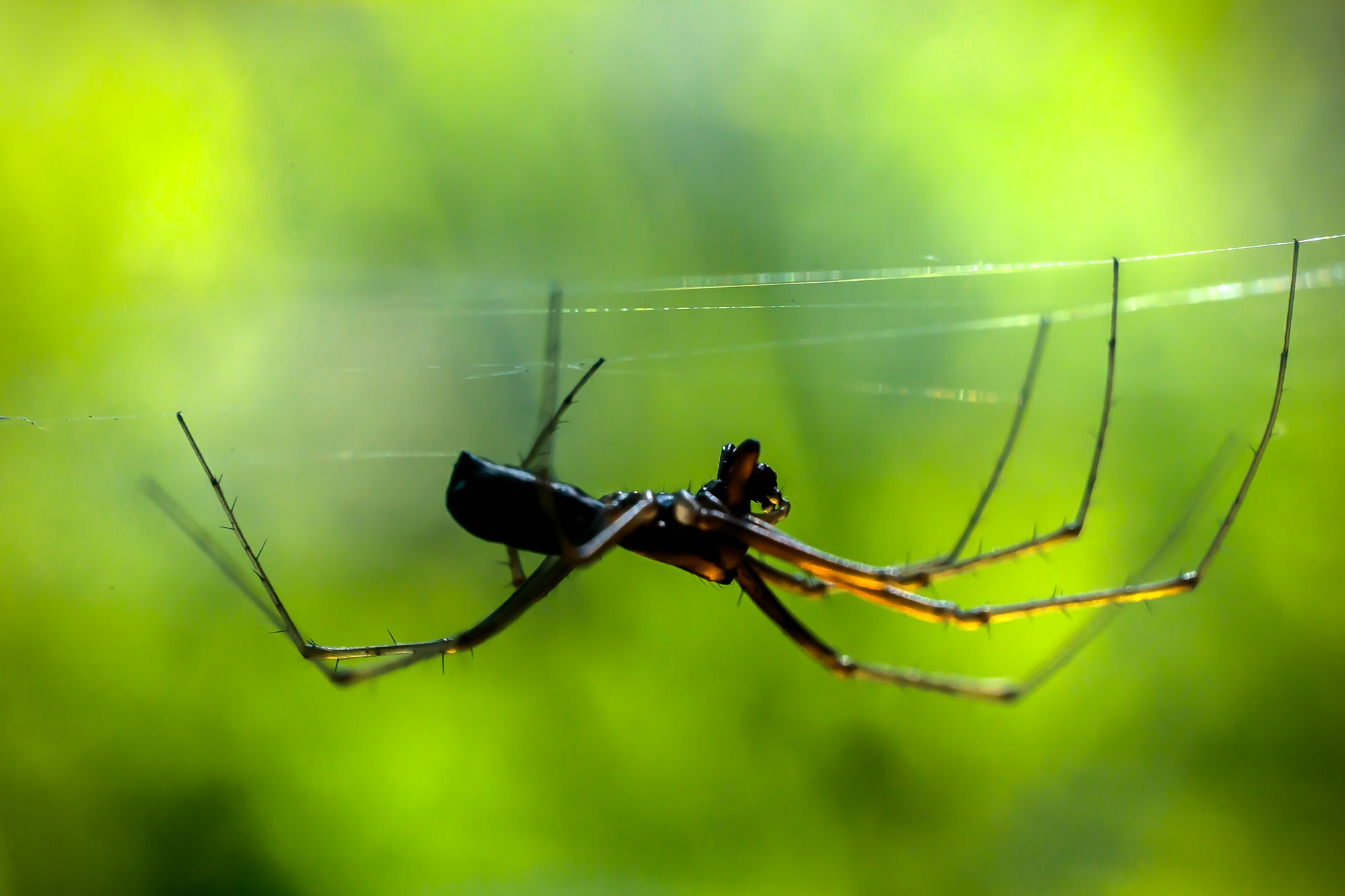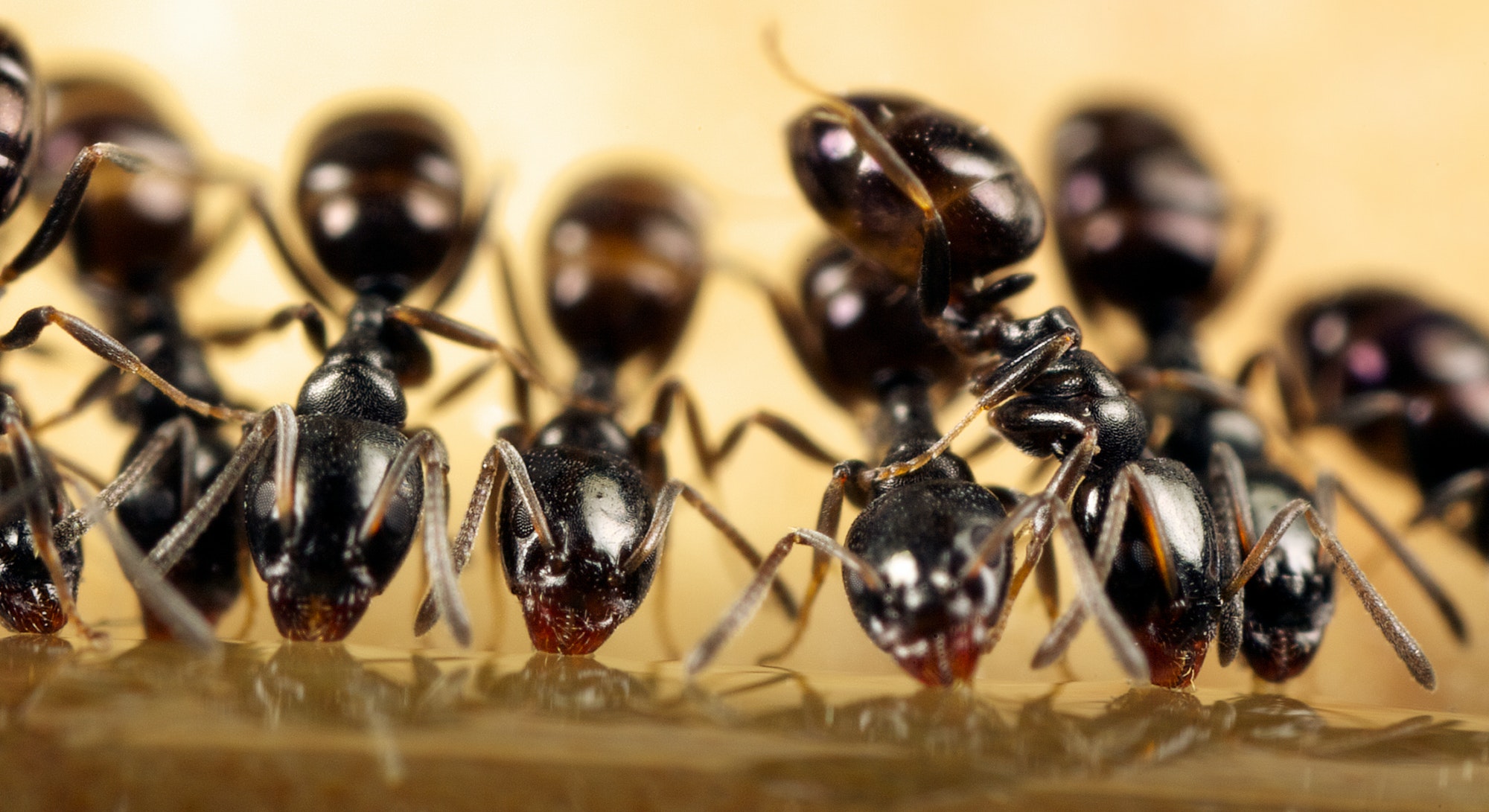Why Bees Are Important For The Ecosystem?
Have you ever been sitting outside, quietly taking in the world around you, and a bee buzzes right by and startles you? Maybe it was interested in the food you were eating or maybe it simply flew by, but the feeling of fear that suddenly rushed into you as the bee whizzed by leads you to think I do not like bees or why do we even need bees if they just sting you.
I bet almost everyone has had a negative thought about bees once in their life, but bees are actually vital in keeping our ecosystem healthy.
Bees are the major pollinators of wild plants and crops in terrestrial ecosystems. Almost 80 percent of all plant species depend on insect pollinators for reproduction and survival. And since honeybees are the world’s most important single species of pollinator in natural ecosystems, they are responsible for keeping the vast majority of plant species thriving.
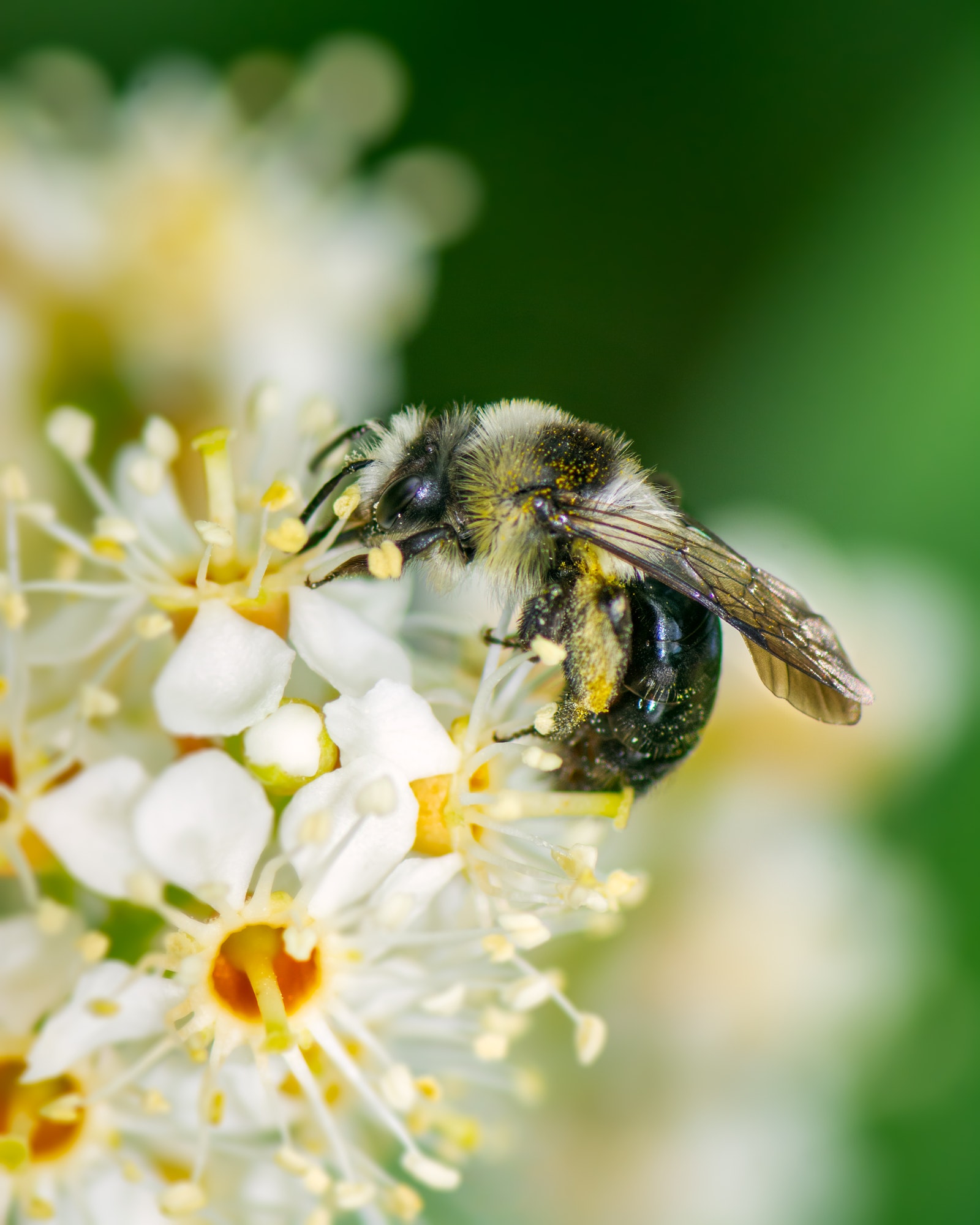
The average honeybee can visit more than 2,000 flowers per day which increases a plant’s ability to produce fruit. In the natural environment, honeybees account for one out of eight interactions between a non-agricultural plant and a pollinator.
By pollinating wild and native plants, honeybees greatly contribute to the environmental and societal benefits of plants. Pollination leads to improved water, air, and soil quality.
In addition, honeybee pollination accounts for half of the world’s oils, fibers, and other raw materials. And, without bees, most of the beautiful gardens and flowers in our everyday lives would not be alive.
Honeybees also contribute greatly to the food and crops all over the world. One in every three bites of food we eat is made possible by bees. This is because 90% of crops depend on honeybees for pollination. Bees are necessary for food security and effective pollination increases the amount of agricultural produce, improves produce quality, and enhances plants’ resistance to pests.
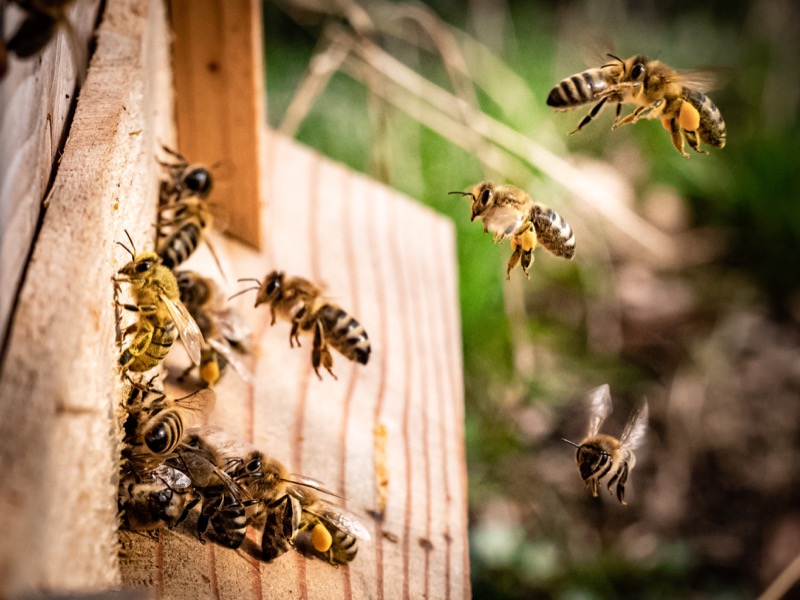
Vegetables such as broccoli, asparagus, and cucumber rely on bees for pollination, as do apricots, strawberries, apples, and almonds. They also pollinate plants like alfalfa, which is necessary to feed farm animals to support the meat component of our diet. This is just a short list of crops that rely on bees, and the overall impact of bee pollination contributes more than $217 billion to the global economy and $24 billion to the United States economy.
Unfortunately, in recent years, bee populations have been declining by the billions. In 1947, there were 6 million managed bee colonies in the United States. By 1990, only 3 million bee colonies remained, and this number has dropped to just 2.5 million today. Factors linked to the decline include parasites such as varroa mites, which bite bees and infect them with fatal viruses, the use of pesticides which poison bees, and monoculture farming, which prevents bees from having a varied diet. Bees have also been suffering from habitat loss with an in increase in urban developments and invasive farming methods. In addition, climate change impacts bee colonies by disrupting bee nesting behavior and altering the natural seasonal timings of flower blooming.
Even though bee populations are declining, it is not too late to save them from extinction. Easy ways to help bees include planting bee-friendly flowers in your gardens or placing a bee/insect house in your yard to provide bees with shelter. Bees are valuable to our ecosystems and contribute greatly to our wild plants, crops, and overall health of the environment. Without bees, our lives would drastically change, and we would need to find alternate ways to survive.
Author: Kaitlin Kelly
University of California Santa Barbara
Sources
- https://ucnrs.org/role-honey-bees-ecosystem-pollination
- https://royalsocietypublishing.org/doi/10.1098/rspb.2017.2140
- https://www.worldbeeday.org/en/about/the-importance-of-bees.html
- https://www.woodlandtrust.org.uk/blog/2018/07/why-are-bees-important-and-how-you-can-help-them
- https://www.fs.fed.us/wildflowers/pollinators/animals/bees.shtml
- https://theconversation.com/beyond-honey-bees-wild-bees-are-also-key-pollinators-and-some-species-are-disappearing-89214
- https://www.planetbee.org/why-we-need-bees
